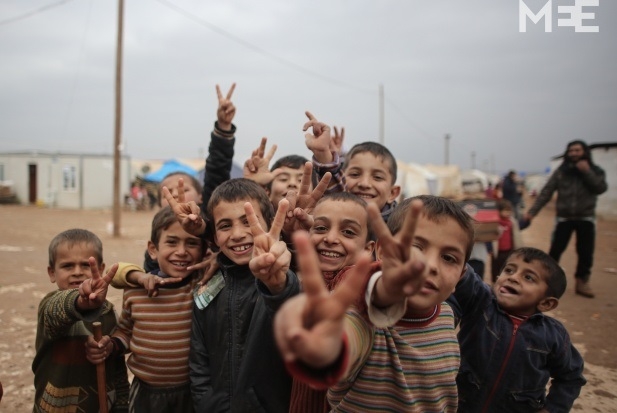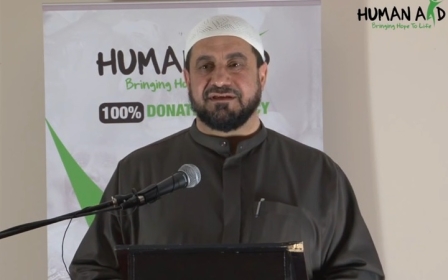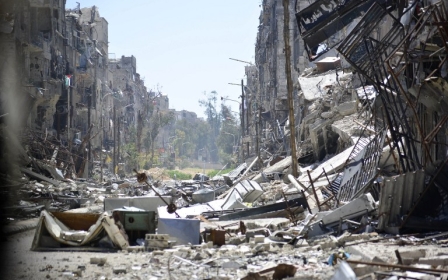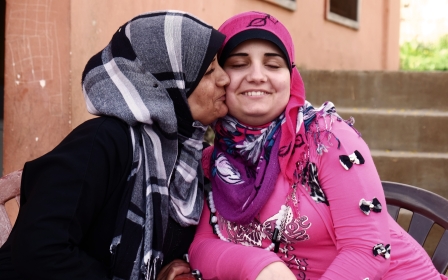The internally displaced Syrians of Bab al-Nour

BAB AL NOUR Syria - Bab al-Nour IDP camp is one of the largest camps for internally displaced Syrians, and is located in the countryside north of Aleppo.
Thousands of Syrians live in the camp after fleeing civil war.
Bab al-Nour camp relies on Syrian rebels for local assistance. Most of the residents are those who were not able to leave the country for a number of reasons, such as lack of the proper ID cards, passports or financial difficulty.
The camp’s displaced population lives in impoverished and unhealthy conditions. Su’ad, one of the residents of the camp, said: “Our situation is very hard, especially for our children. The dirty conditions have affected our children’s heath because the drinking water is mixed with sewage. There are no warm clothes for us and we are living on noodles. The camp’s roads are very muddy, which means walking around is very hard and the children are always slipping on the ground."
Ahmad, whose parents were killed in an airstrike when they were in Aleppo, said, “I’m living in this camp on my own. I don’t have a father or a mother or any siblings. They were killed by an Assad barrel bomb. I’m very cold and don’t have any clothes or a tent to live in or a blanket to cover myself with. The camp has no toys and no school so I could learn and no electricity as well.”
“I miss my mother very much,” he continued, as tears streamed down his face. “All of the other kids have parents except for me. Where are you mama, I’m very cold.”
Fida, a young woman in her twenties, yelled at us. “We’re dying here and no one cares about us, what do you want to ask us? You want me to tell you that I shower in an open stall with only a small sheet of cloth that shields me from the people? You want me to tell you that I have to stand in a long line in order to use a toilets that is not fit for animals? What do you want me to say?” She cursed Bashar al-Assad and began to cry hysterically.
The officials of the camp said that the camp lacks international support, which is why the people are suffering from all of these problems.
“The camp depends on funds provided by Syrian food aid agencies and on support from the rebels,” said the camp director. “This is not enough to provide adequate food for the internally displaced people nor is it enough to provide for a new healthy environment. We are trying our best to help the displaced but the growing number of people in the camp and the lack of support is the barrier to the development of these services.”
With regards to the sewage contaminating the drinking water, the camp director said, “We try as much as possible to provide a healthy environment, but we suffer from a lack of resources. As you can see, the camp is packed with displaced people and the numbers are increasing. We try to provide what we can, as we managed to obtain an oven to provide free bread for the people. We also managed to get private toilets, and in the next step we’re aiming to tackle the water issue and sewage treatment, and to get better food.”
New MEE newsletter: Jerusalem Dispatch
Sign up to get the latest insights and analysis on Israel-Palestine, alongside Turkey Unpacked and other MEE newsletters
Middle East Eye delivers independent and unrivalled coverage and analysis of the Middle East, North Africa and beyond. To learn more about republishing this content and the associated fees, please fill out this form. More about MEE can be found here.




